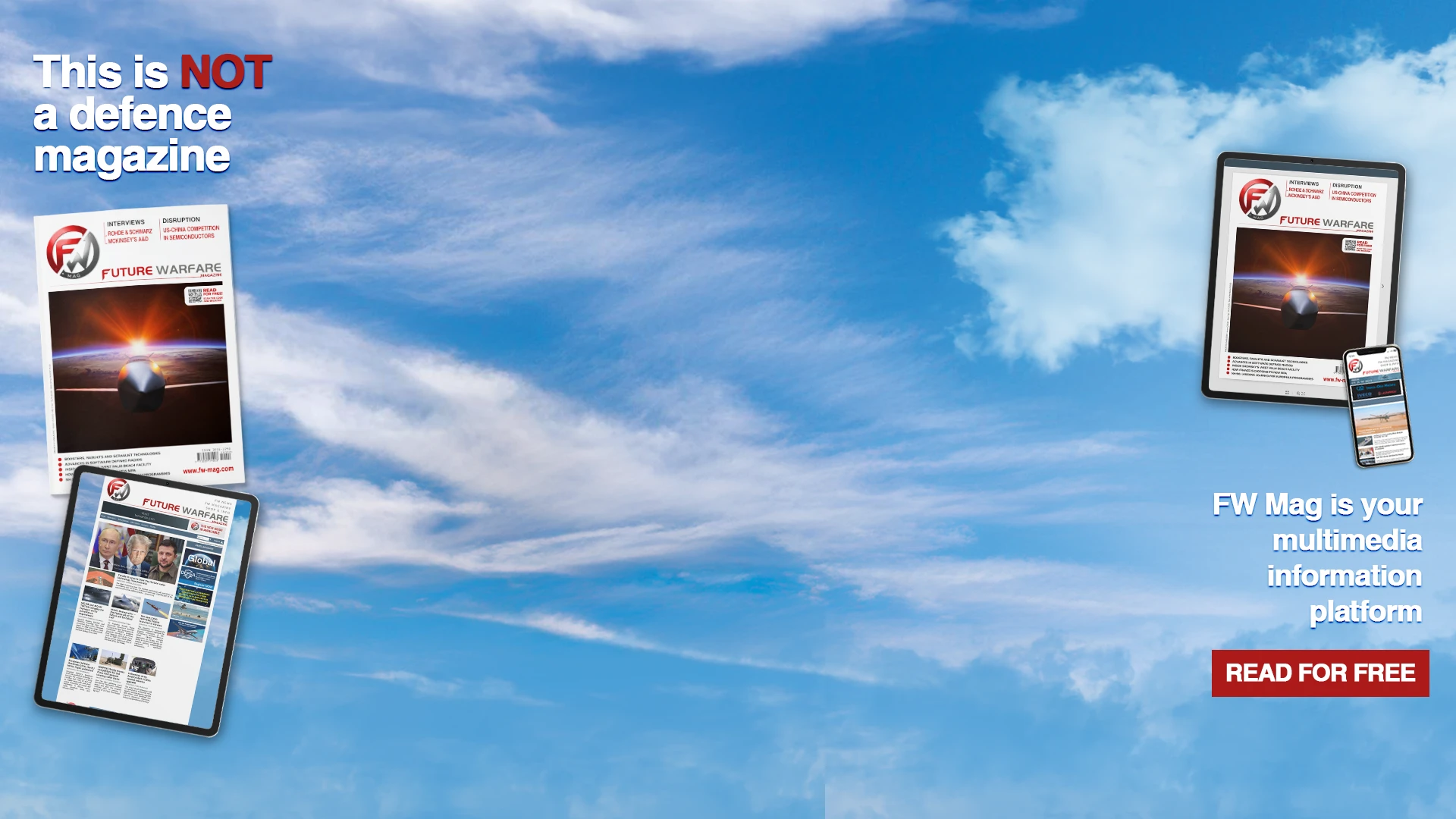
Despite NATO's Article 2 calling on its members to "eliminate conflicts in [their] international economic policies," the US tariffs against Europe are a "really separate" issue from NATO's mission, the Alliance's Secretary General Mark Rutte told journalists after the Brussels ministerial on 4 April.
The day before, Norwegian Foreign Minister Espen Barth Eide questioned whether US President Donald Trump's decision to impose 20% border taxes on European goods might violate the Alliance's charter provision, which urges members to "refrain from using economic power against one another." However, when asked about this apparent contradiction, Rutte downplayed concerns, stating: "I don't think this is in breach of Article 2. No, I don't think so. We have seen many examples in the past of differing views and disputes over tariffs."
Despite Rutte's reassurances, the US decision to impose tariffs is creating serious tensions among allies, raising the risk of an unpredictable trade war. This concern was highlighted during the press conference, noting that the measures could further strain European economies, potentially undermining their ability to increase military production, capabilities, and defence spending.
Such a boost is strongly demanded by the US. Washington has for years urged Europeans to dedicate at least 2% of their GDP to defence, with Rubio recently reiterating this call and urging a further increase of 5% in European defence budgets.
United?
As economic rifts within the Alliance deepen, NATO continues to present its overarching strategy as "united." Addressing concerns about a possible irreparable fracture, Rutte insisted that NATO members remain "united in [their] commitment to each other in this Alliance."
His statements echoed previous remarks made by Rubio, who sought to calm what he described as media "hysteria," asserting that "the US is as active in NATO as it has ever been," adding that Trump "has made clear he supports NATO."
However, doubts persist that priorities on both sides of the Atlantic are diverging—particularly regarding Russia and Ukraine. Despite Rutte describing these as a priority for the Alliance, Washington appears increasingly focused elsewhere—particularly on China.
Responding to questions about the Ukraine peace process, in which both the US and Russia are involved, Rutte stated that "now the ball is in the Russian court," adding that he was "impressed [with] how the Americans are conducting" the talks.
However, he provided no further details regarding European allies' requests for a deadline on Moscow's reply to the ceasefire proposal. Moreover, according to multiple sources, the United States is not expected to attend the Ukraine Contact Group meeting scheduled for next week, aimed at providing aid to Ukraine—even though Rutte affirmed the US is not withdrawing from the initiative.
Meanwhile, Rutte noted that China could be "increasingly seen as a threat," even though NATO officially labels the Asian country as a "systemic challenge." An internal document circulated within the US Defense Department and signed by US Defense Secretary Pete Hegseth in March underscores the extent of this shift in American priorities.
The document, published in The Washington Post, explicitly states that the US is committed to prioritizing deterrence of China's potential seizure of Taiwan and enhancing homeland defence by "assuming risk" in Europe and other regions—a stance unprecedented for a top US official.
EU Efforts
While NATO faces internal contradictions, the European Union remains firm in its commitment to defence within the Alliance. At the EU defence ministers meeting on 3 April in Warsaw, EU High Representative Kaja Kallas emphasised that "collective defence [in Europe] is based in NATO."
At the same time, she stressed the need for the EU to "be stronger," highlighting ongoing efforts to implement the EU White Paper on Defence.
The paper, presented in March by EU Commission President Ursula von der Leyen, outlines the ReArm Europe Plan/Readiness 2030, aiming to mobilize over €800 billion across the EU in defence spending.
In Warsaw, Kallas reaffirmed the EU's commitment to rapidly delivering military aid to Ukraine. Regarding Ukrainian President Volodymyr Zelensky's request for 2 million rounds of ammunition worth €5 billion, Kallas stated the process is progressing well. She confirmed the EU has already secured "over 50%" of the required ammunition, with additional proposals provided by various countries, including France and Germany.
As NATO's internal tensions grow and US priorities shift, the European Union appears determined to reinforce its defence strategy. However, it remains uncertain whether these efforts will sufficiently bridge the widening gap within the transatlantic Alliance.








